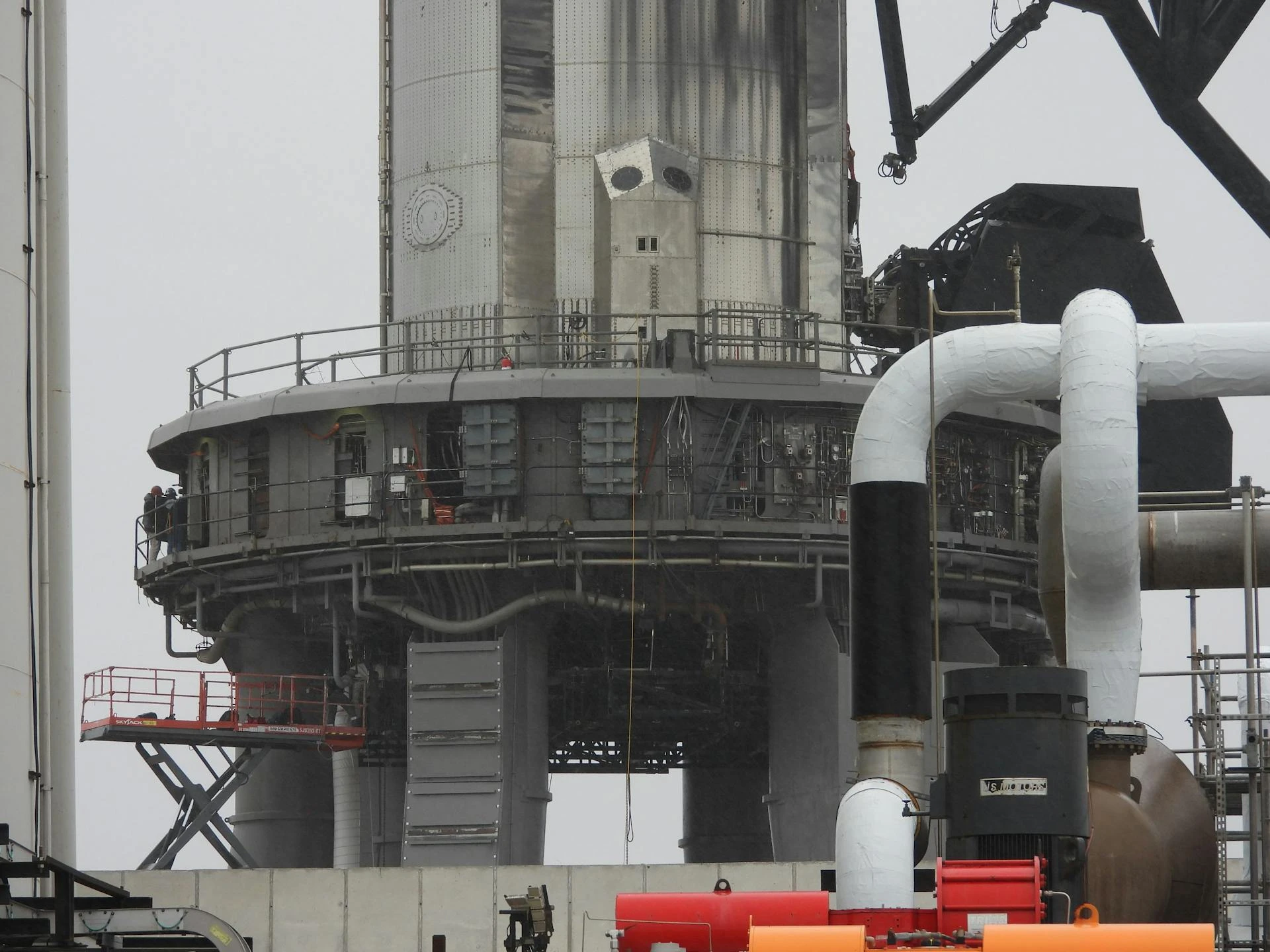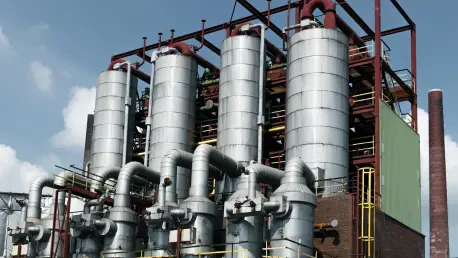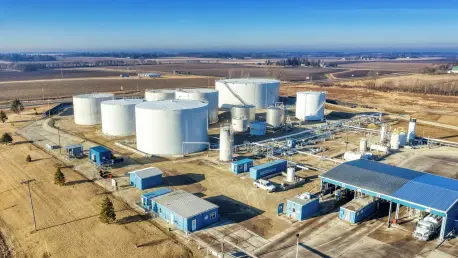
In a chilling escalation of tensions, Ukraine has accused Russia of deliberately severing the external power connection to the Zaporizhzhia nuclear power plant, a critical facility under Russian control since the early stages of the ongoing conflict, thrusting nuclear safety into the spotlight.

What if the answer to the world’s energy crisis lies in replicating the power of the sun right here on Earth, and in doing so, we could power entire cities with clean, limitless energy without a trace of carbon emissions or long-term nuclear waste? Picture a future where this dream becomes reality.

In a move that sent ripples through global energy markets, China recently made the bold decision to suspend operations at 15 coal mines, raising eyebrows and sparking intense speculation about the nation’s energy strategy. This abrupt halt, centered in the coal-rich Inner Mongolia Ordos region,

Recent developments in international trade have brought to light a critical issue as new U.S. sanctions on Iranian petroleum exports target a key crude oil terminal in China, directly affecting Sinopec, the nation’s largest refining company. These sanctions, announced in a bold move by Washington,

In a world increasingly focused on combating climate change, Thailand's energy sector is undergoing a significant transformation, with Bangchak Corporation emerging as a key player in the transition to sustainable fuels. As the transportation industry grapples with its substantial carbon footprint,

In a groundbreaking stride toward the future of space exploration, two American companies, Texas-based Space Ocean Corporation and Space Nuclear Power Corporation (Space Nukes), have embarked on an ambitious partnership to trial a nuclear reactor aboard a satellite, as announced on October 10 of